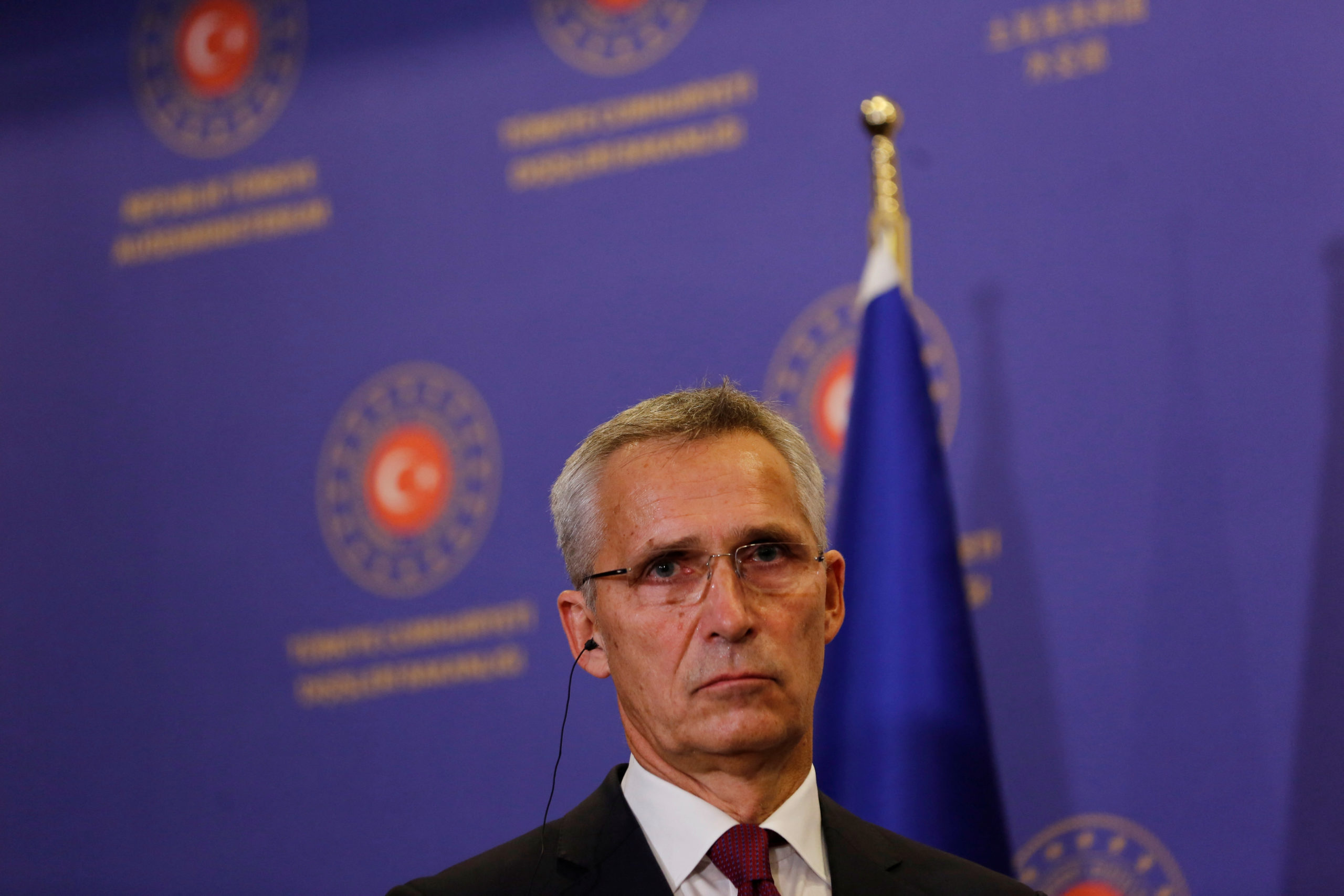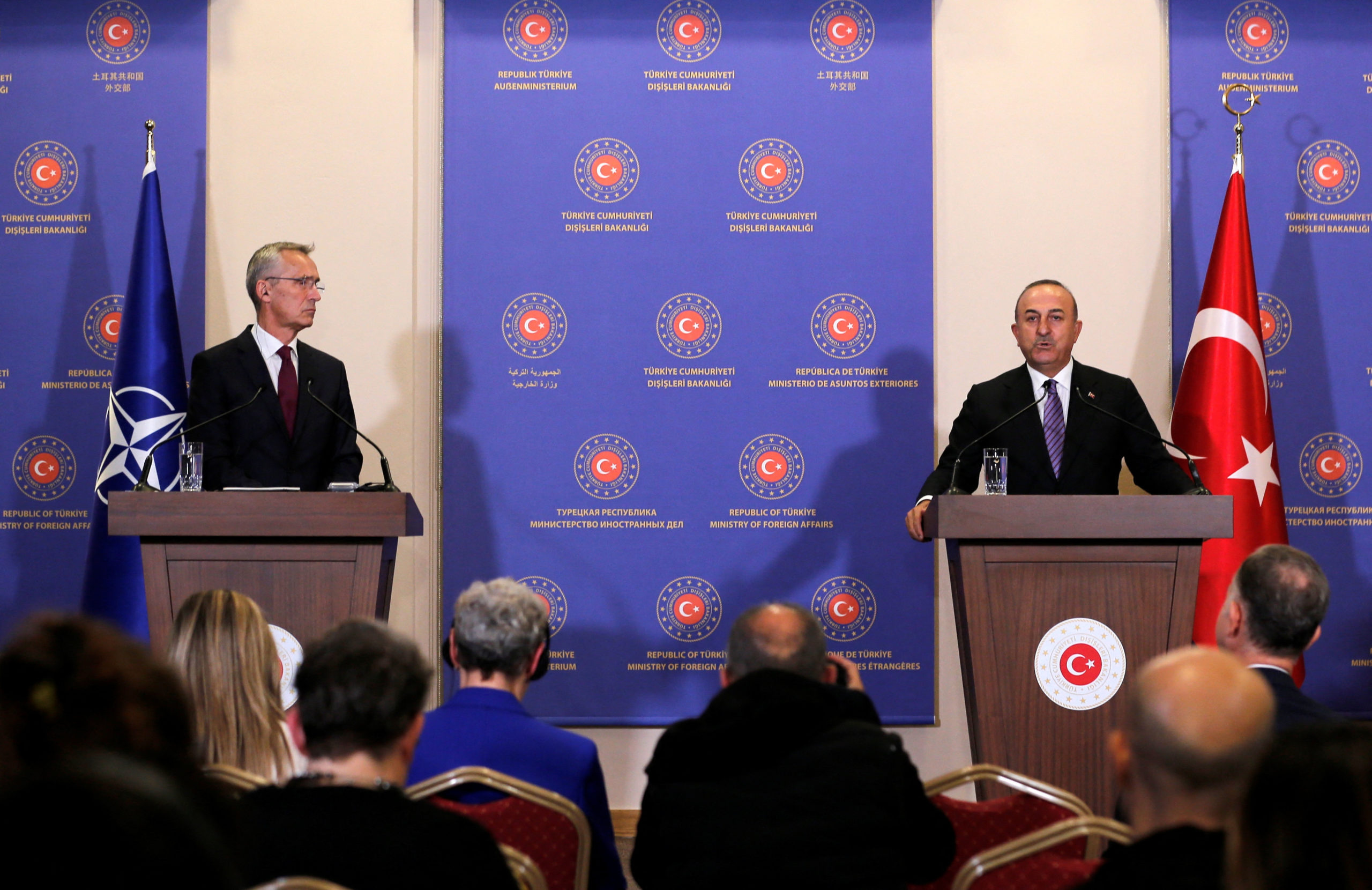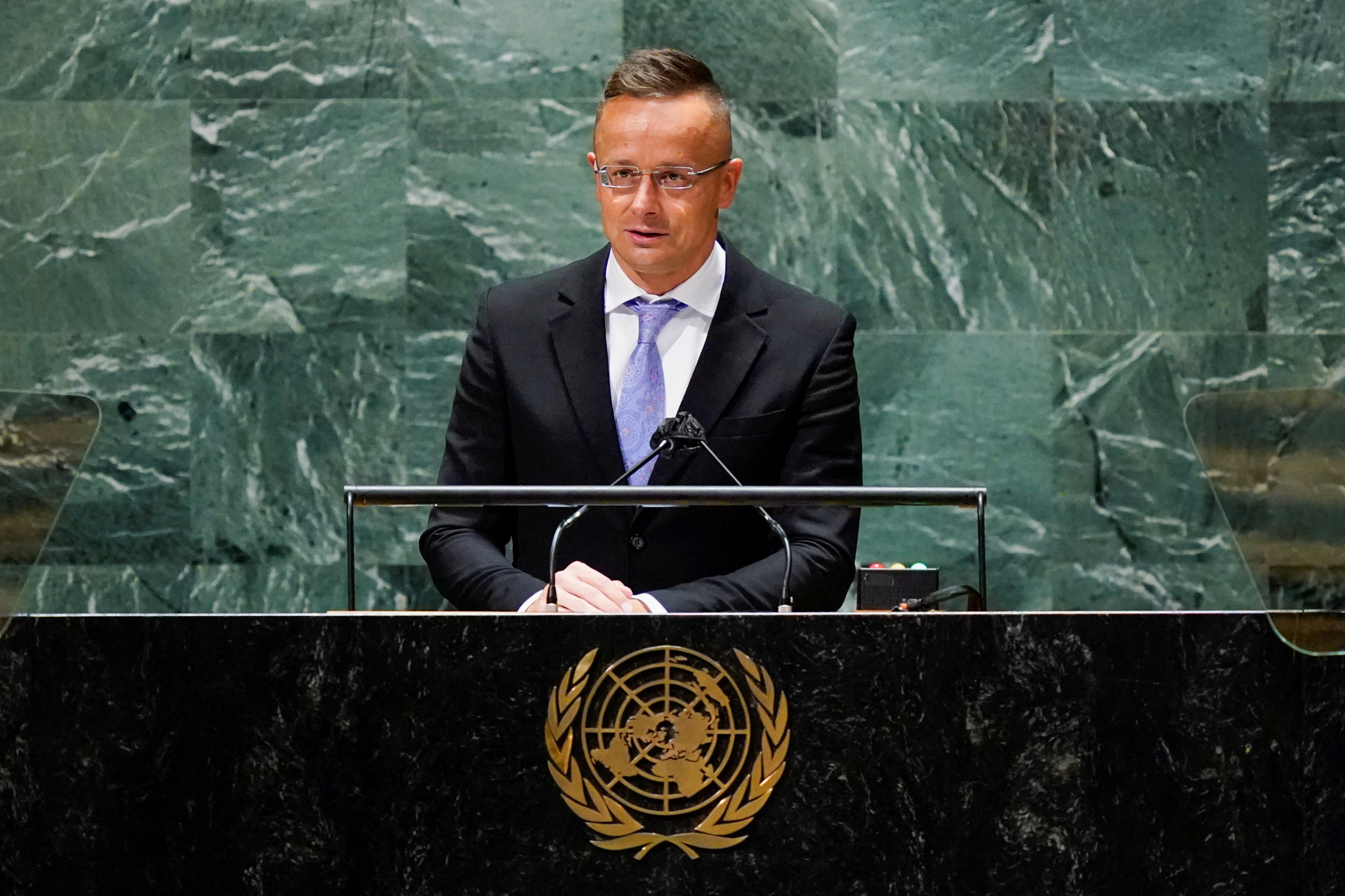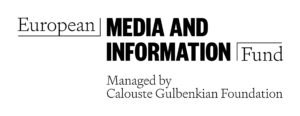Time to finalize Sweden’s and Finland’s entry to NATO, Stoltenberg says
But Turkey says the Nordic nations have yet to fulfill all their obligations under a deal made earlier this year.
ISTANBUL — Sweden and Finland have delivered on the demands Turkey has set for their accession to NATO and time has come to welcome them to the alliance, NATO’s Secretary General Jens Stoltenberg said on Thursday.
“It’s time to welcome Finland and Sweden as full members of NATO,” Stoltenberg said at a news conference with Turkish Foreign Minister Mevlut Cavusoglu in Istanbul.
“In these dangerous times it is even more important to finalize their accession, to prevent any misunderstanding or miscalculation in Moscow.”
But Turkey’s foreign minister said on Thursday that Sweden and Finland have not yet fulfilled all obligations under a deal clearing their bids to join NATO, and they must still take concrete steps.
Mevlut Cavusoglu, speaking alongside Stoltenberg in Istanbul, also said Turkey observed that Sweden’s new government under Prime Minister Ulf Kristersson is taking a decisive approach to fulfilling obligations.
Sweden and Finland signed a memorandum in June, resulting in NATO member Turkey lifting a veto of their applications to join the trans-Atlantic security alliance. The two asked to join in response to Russia’s war in Ukraine, but Turkey sought extra guarantees, including that they not shelter Kurdish militants.
Turkey and Hungary are only two NATO member nations that have yet to ratify the Nordic nations’ applications.
Hungary’s parliament will decide on when to schedule a debate on the ratification of those applications, Foreign Minister Peter Szijjarto told a press conference on Thursday.
Szijjarto said the government has done its job by submitting the relevant bill to parliament.
Reporting by Bart Meijer, Ezgi Erkoyun, Anita Komuves and Krisztina Than.
Editor’s note: This story combines multiple Reuters reports.
This article has been fact-checked by Arctic Today and Polar Research and Policy Initiative, with the support of the EMIF managed by the Calouste Gulbenkian Foundation.
Disclaimer: The sole responsibility for any content supported by the European Media and Information Fund lies with the author(s) and it may not necessarily reflect the positions of the EMIF and the Fund Partners, the Calouste Gulbenkian Foundation and the European University Institute.



